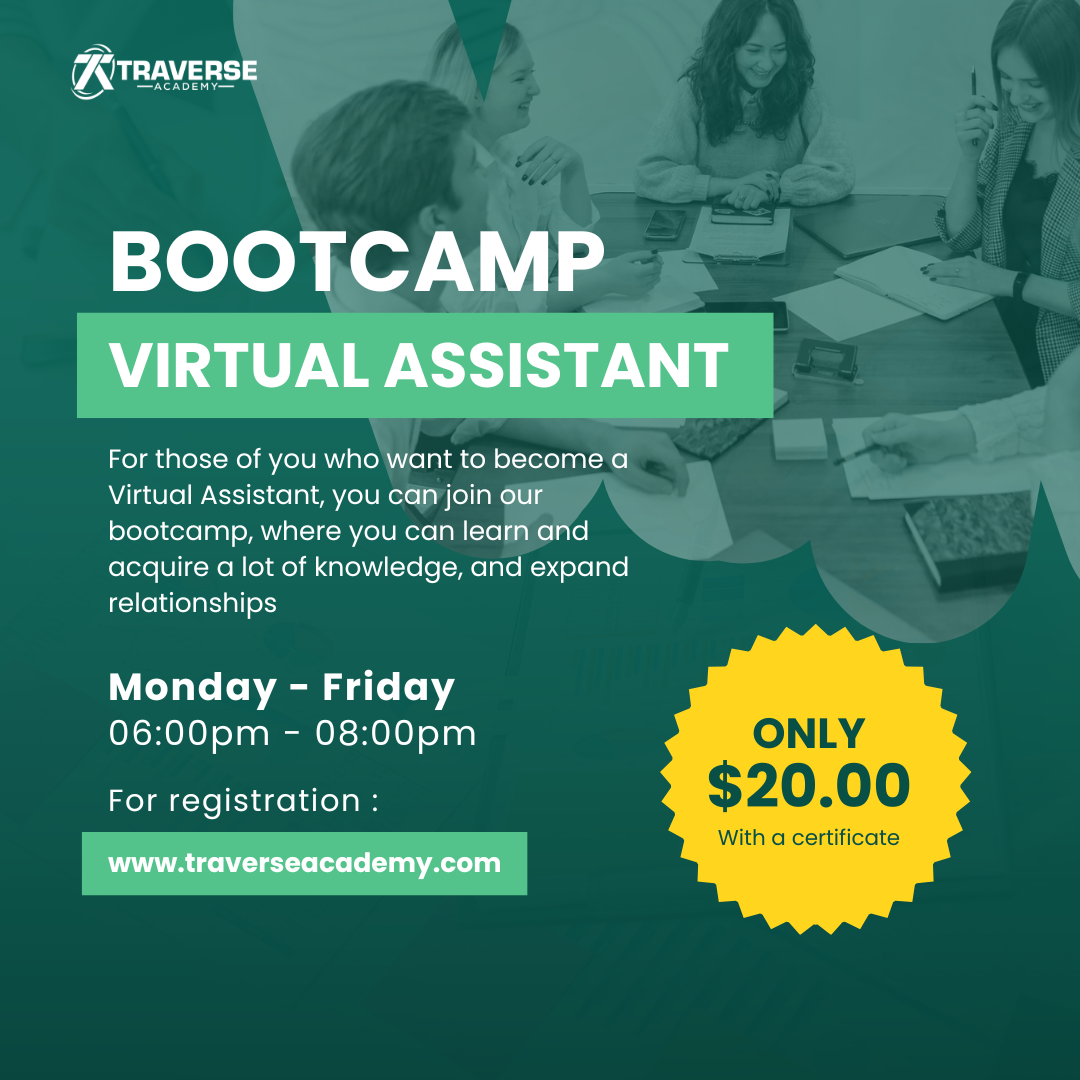Currently Empty: $0.00
Executive Assistants
Why Becoming a Virtual Assistant Could Be Your Best Career Move

Working as a virtual assistant (VA) in 2025 is no longer a niche option reserved for tech‑savvy entrepreneurs. The rise of remote work has expanded opportunities for professionals in administrative support, marketing, finance, and other disciplines to operate independently from anywhere. This article explores why transitioning to a virtual assistant career can offer flexibility, high earning potential, and continual growth, supported by data from recent studies and industry sources.
A flexible lifestyle with location independence
One of the biggest draws of becoming a VA is the ability to design your workday around your life rather than the other way round. Virtual assistants work 100 % remotely, often from home, co‑working spaces, or even while travelling. Research from VirtuLatinos indicates that this level of geographical and scheduling flexibility enables VAs to tailor their workday to their lifestyle, thereby improving mental health and work-life balance. Buffer’s 2023 State of Remote Work found that 98 % of remote workers want to continue working remotely at least some of the time, and cutting the daily commute can save up to ten hours per week. This freedom makes the virtual assistant career attractive for parents, digital nomads, or anyone seeking to escape the nine‑to‑five routine.
Variety of tasks and continual learning
Far from being limited to answering phones, modern VAs handle diverse responsibilities. The VirtuLatinos article explains that VAs often work with clients across industries, from tech startups and e‑commerce to lawyers and coaches, so they continuously learn about different fields and develop varied skills. Common duties include social media strategy, email marketing automation, CRM management, project coordination, and bookkeeping. This variety fosters continual learning and enables VAs to build an impressive portfolio while discovering new interests and specialties.

Demand is growing, and pay is competitive
The rise of remote work has prompted businesses worldwide to outsource tasks to virtual assistants to reduce overhead and increase productivity. U.S. job listings for virtual assistants surged by 35 % over the past year, highlighting rapid growth in demand. VAs who work with U.S. companies often earn 2–3× more than in their home countries, especially in specialized roles such as executive assistant or tech‑savvy VA. According to the U.S. Bureau of Labor Statistics, the median wage for secretaries and administrative assistants was $47,460 (around $22.82 per hour) in May 2024, and virtual assistants can command higher rates depending on their skills. As businesses look to cut costs, they increasingly hire VAs on an as‑needed basis, a trend that benefits professionals who choose this path.
Build a broad skill set and accelerate your career
Working as a virtual assistant allows you to build a diverse skill set that can lead to advanced roles. VirtuLatinos notes that many VAs specialize in areas like social media, email marketing, CRM platforms, project management, and video editing. Specialization can increase your hourly rate; for example, VAs with digital‑marketing or project‑management expertise can earn $25–$50 per hour. Over time, many VAs progress to become executive assistants, project managers, operations specialists, or even owners of their own VA agencies. Certification programs, such as the Certified Virtual Assistant (CVA) credential from the International Virtual Assistants Association, can further validate your skills and open doors to higher‑paying contracts.
Choose your clients and work globally
Another appealing aspect of a VA career is the ability to pick projects that align with your interests. VirtuLatinos notes that VAs gain exposure to a variety of clients and industries, enabling them to learn new skills and pivot into different sectors over time. Because virtual assistants work remotely, they can collaborate with clients across the globe. Working with U.S. companies is particularly lucrative: businesses benefit from the flexibility and specialized skills of VAs, while VAs gain access to higher‑paying clients, international experience, and long‑term growth. This global reach makes the career more resilient to local economic fluctuations and broadens your professional network.
The bottom line: a career built for the future
The future of work is remote and flexible. Research shows that 75 % of employees say they are more productive working remotely, and 82 % of workers would choose a remote job over an office‑based role. Virtual assistants offer businesses specialized skills without the cost of full‑time staff, creating a win‑win arrangement that drives demand. For professionals, becoming a VA unlocks a flexible lifestyle, diverse and interesting work, competitive earnings, and opportunities for continuous learning and career advancement.
